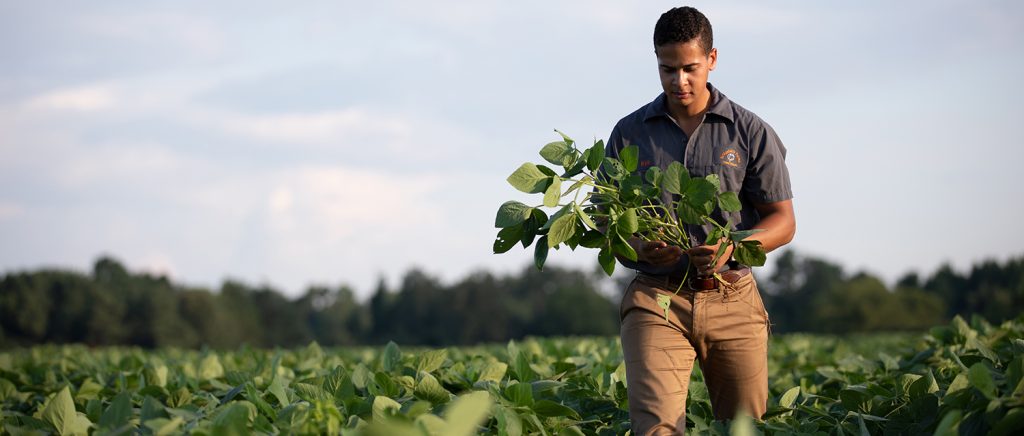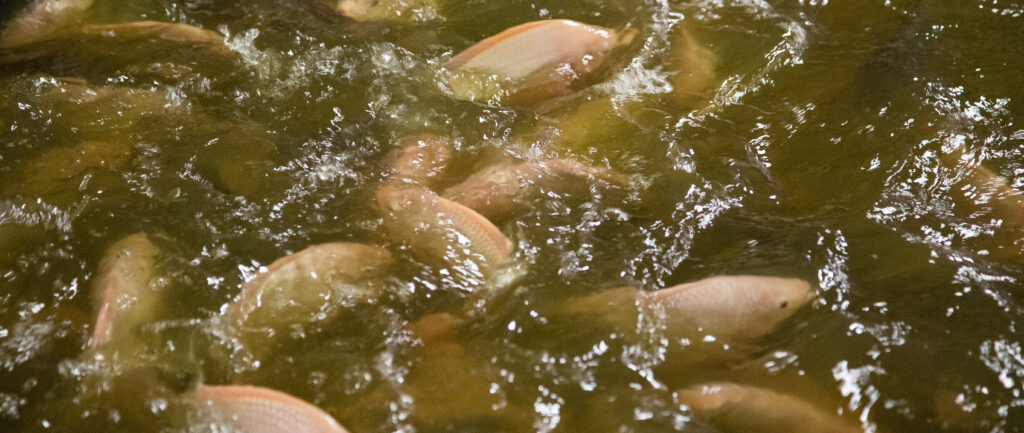No targets, slow go for conference committees
At the time of this writing, the House and Senate have still not agreed on spending and tax targets. With just 11 days to go, almost no final decisions have been agreed to with regard to taxes, the supplemental spending bill or the transportation bill. Because of this weekend’s Governor’s fishing opener, it is unlikely the legislature will meet Saturday.
Ag Water Certification receives more funding in Senate bill
SF 3572 was heard and approved May 11 in the Senate Finance committee. The bill contains numerous funding provisions that are paid for out of the“Legacy Funds.” One of the provisions provides an additional $2.5 million to the Department of Agriculture to implement the Minnesota Agriculture Water Quality Certification Program (MAWQCP). The state funding is likely to be used as a match for additional federal funds. Thus far approximately $9 million of state and federal dollars has been spent on the program. According to committee testimony, 144 farms have now been signed up. During the hearing, letters of support from the Minnesota Soybean Growers and the Minnesota Milk Producers were distributed.
Discussions with Representative Paul Torkelson indicate that the House is likely to support a similar position.
MAWQCP is a voluntary opportunity for farmers and agricultural landowners to take the lead in implementing conservation practices that protect our water. Those who implement and maintain approved farm management practices will be certified and in turn obtain some regulatory certainty for a period of 10 years.
Manure piping bill passes Senate floor
SF 3368 passed on the Senate floor on May 10. The bill clarifies the conditions under which farmers may place forced main manure piping systems in road ditches rights of way.
Under the bill, a local road authority may or may not develop a permit process for this purpose. SF3368 states that a local road authority must grant the permit if the farmer meets the conditions stated in the bill.
If a local road authority chooses not to implement a permitting system, a farmer may use the ditch right of way without a permit, but with notification. Lobbyists for the townships and counties indicated that most local road authorities would likely bypass a permit process.
The bill also removes any liability to the local road authority for liability caused by the placement of the forced main.
A House version is currently on the House floor.





